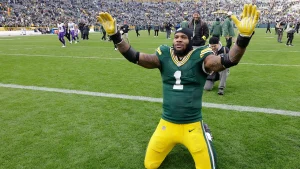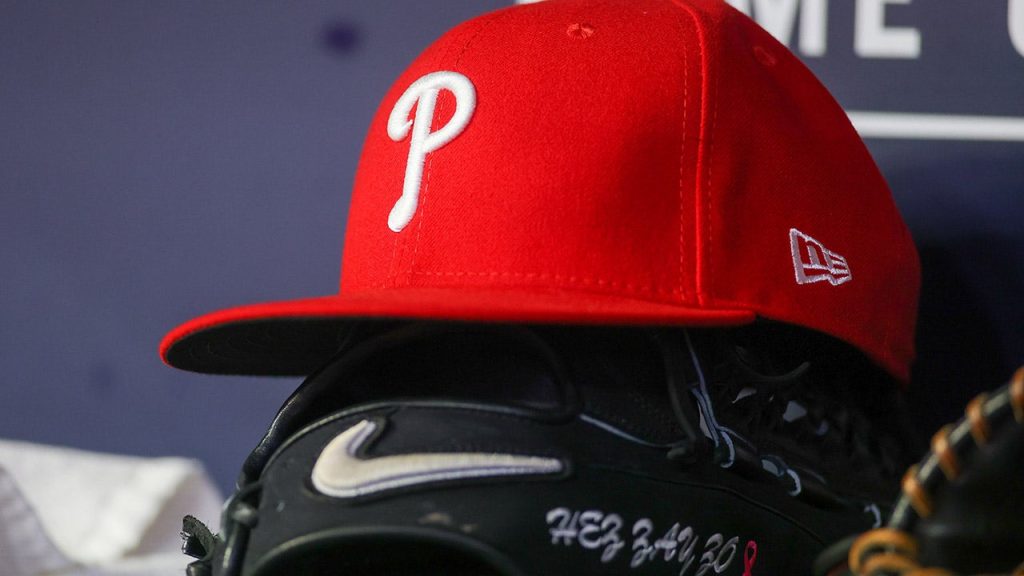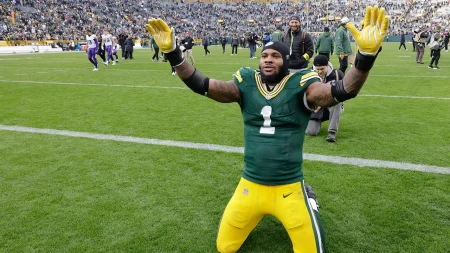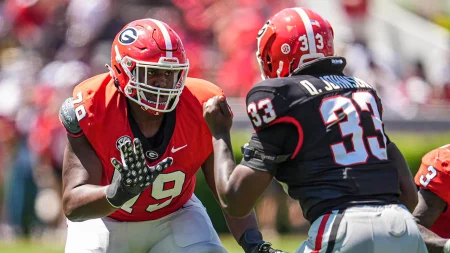Philadelphia Phillies Fan Controversy: A Case of Mistaken Identity and Family Values
In a story that quickly captivated social media and sports fans alike, a heated interaction between a Philadelphia Phillies fan and a family at a recent game against the Miami Marlins has evolved into a complex narrative about fan etiquette, public shaming, and mistaken identity. The incident, which involved a woman demanding a home run ball from a father who had given it to his young son, sparked immediate outrage online. As the video of the confrontation circulated widely, internet sleuths attempted to identify the woman, incorrectly naming someone called Cheryl Richardson-Wagner. This misidentification highlights the dangers of online vigilantism, as the wrongly accused woman had to publicly clarify on Facebook, “I’m not the crazy Philly Mom (but I sure would love to be as thin as she is and move as fast) …. And I’m a Red Sox fan.” Her humorous response to an unfortunate situation demonstrated remarkable grace under pressure.
The ripple effects of misidentification reached beyond individuals to institutions. The Hammonton School District in New Jersey found itself forced to issue a public statement denying any connection to the woman in question. Their response blended clarification with local pride: “The woman identified on social media as ‘Phillies Karen’ is not, and has never been an employee of the Hammonton Public Schools located in Hammonton, New Jersey. Anyone who works for our school district, attended as a student or lives in our community would obviously have caught the ball bare-handed in the first place, avoiding this entire situation!” This statement not only addressed the rumors but added a touch of community humor to defuse the situation, demonstrating how innocent parties can be unexpectedly drawn into viral controversies.
At the heart of this story is the actual interaction that sparked the controversy. The father involved, Drew Felwell, eventually did give the ball to the insistent woman, a decision he later explained in an interview with NBC Philadelphia. His reasoning reveals the complex calculus parents often make in the heat of the moment: “I don’t even remember what she said, it was, you know, a lot of eyes on us by that time and the ball was already in his glove and she just wouldn’t stop and I mean, I’m literally leaning back as she’s in my face yelling and yelling.” Felwell’s description paints a picture of an uncomfortable confrontation that placed him in a difficult position as both a fan and a father trying to model appropriate behavior for his child.
What makes this story particularly compelling is Felwell’s conscious choice to use the moment as a teaching opportunity rather than escalating the conflict. As he explained, “I pretty much just wanted her to go away because I had a fork in the road: either do something I was probably going to regret or be dad and show him how to deescalate the situation so that’s where I went.” This decision transforms what could have been merely a story about poor fan behavior into a more nuanced exploration of parenting in public spaces. In giving up the ball, Felwell prioritized his role as a father over his rights as a fan, demonstrating to his son that sometimes avoiding conflict takes precedence over standing one’s ground.
The public reaction to this incident reflects our complex relationship with sports memorabilia and the unwritten rules of fan behavior. Home run balls represent a unique intersection of monetary value, emotional significance, and the celebration of sporting achievement. Traditionally, there’s been a general understanding that children have a special claim to these souvenirs – an unwritten rule this incident violated. The intensity of online backlash against the woman suggests that many viewers saw her actions as transgressing not just stadium etiquette but broader social norms about how adults should interact with children in public spaces. The viral spread of the video and subsequent attempts to identify the woman demonstrate how quickly public shaming can escalate in the digital age.
This seemingly simple dispute over a baseball illuminates several aspects of contemporary culture: the risks of internet vigilantism, the challenges of parenting in public, and the emotional investments we make in sports traditions. While the controversy may eventually fade from public memory, it serves as a reminder of how everyday interactions at sporting events can unexpectedly become flashpoints for broader discussions about behavior and values. For Drew Felwell and his son, what began as a special moment at a Phillies game became something more complex – a real-time lesson in handling difficult social situations with grace and restraint. As for the baseball community and fans everywhere, perhaps this incident offers an opportunity to reflect on what truly matters when we gather to celebrate the games we love.















